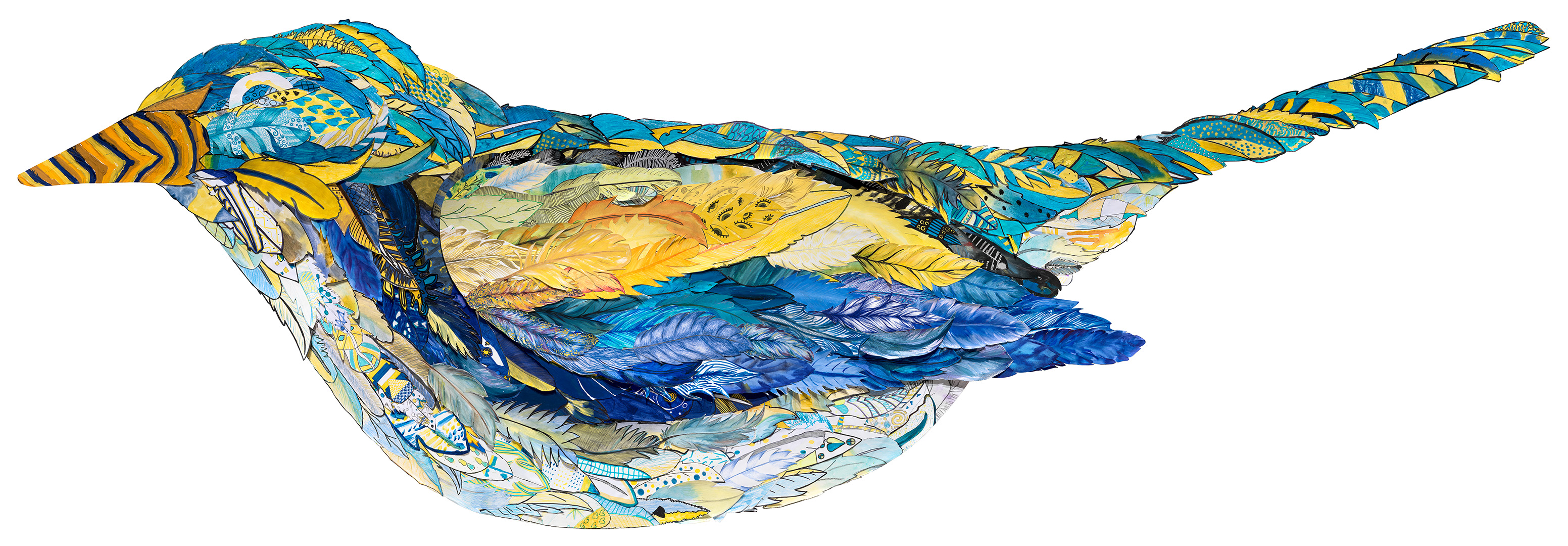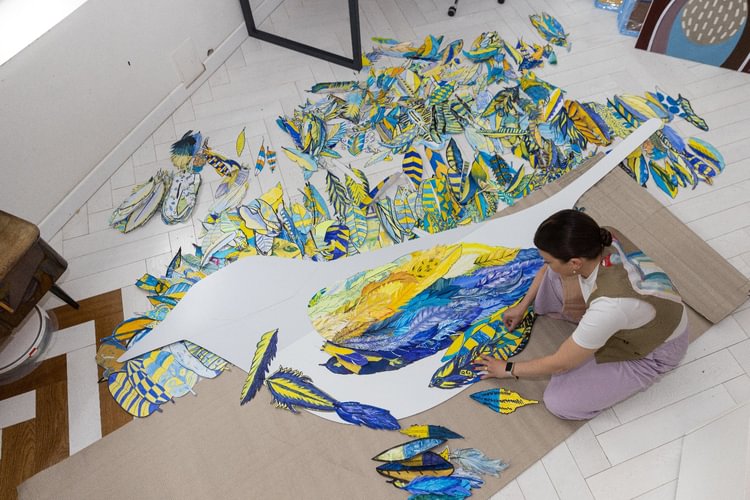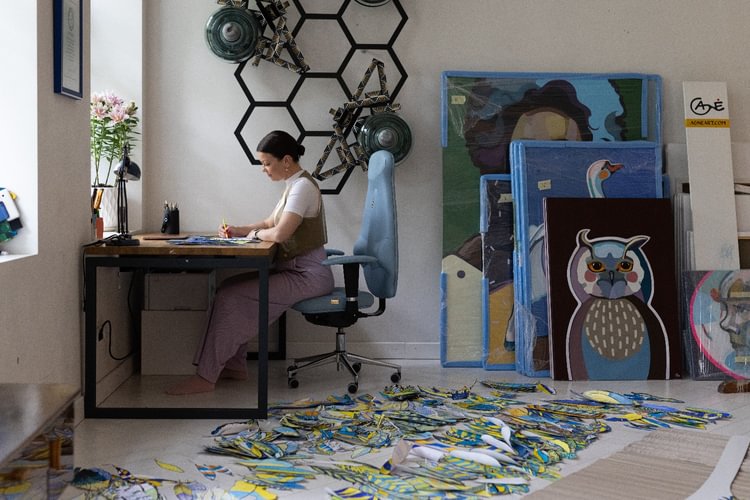Vilnius Unites Fintech and Tech Communities in Creating NFT from Kids’ Drawings to Collect Funds for Ukraine War Relief
ROCKIT, a fintech community based in Vilnius, the capital of Lithuania, has launched a charity campaign to raise funds for Ukrainians affected by Russia’s invasion. By creating and selling an NFT inspired by kids’ drawings, the company hopes to unite fintech and tech communities and spread the message of unity, hope, and freedom.
Vilnius, the capital of Lithuania, is uniting the fintech and tech communities in launching a charity project to raise funds for Ukrainians affected by Russia’s ongoing invasion. Named “The Nightingale of Freedom,” the project has created a digital art piece from over 500 children’s drawings and sold it on the NFT (non-fungible token) market. The collected funds will be donated to the “I Am Ukraine” fund, administered in part by the Embassy of Ukraine in Lithuania.
The project was initiated by ROCKIT — a center for financial technology and sustainable innovation based in Vilnius. According to Lina Žemaitytė-Kirkman, Head of ROCKIT, the organization hopes to involve other members of its community, fintech companies, and the tech ecosystem at large in the donation process.
The artwork was created by Agnė Kišonaitė, a local artist. Children’s drawings of a nightingale have been compiled and later digitalized with the help of the Lithuanian National Museum of Art. BCCS Cluster, a consortium of private and public organizations, and placed the artwork on the NFT market. NFT format of “The Nightingale of Freedom” was chosen because of its booming popularity and the option to blend art with technologies, creating unique digital assets that show the ownership of tangible assets.
Anyone can contribute to the project and buy a share of the Freedom Nightingale, and for Web3 newcomers, detailed instructions are available on the initiative's website. The collected funds will be allocated by prioritizing areas in Ukraine where immediate support is necessary. This includes the need for humanitarian aid — from baby food and first aid kits to batteries — and protective equipment such as bulletproof vests.
“Both Lithuanian residents and companies have been incredibly united in their support for Ukraine since it was attacked by Russia. The "Nightingale of Freedom" is symbolically divided into 265 irreplaceable tokens, each with its own unique code. The Lithuanian Fintech industry unites 265 start-ups — just like the nightingale — each of them is unique, bright, and exceptional, painting a picture of Lithuanian innovation,” Žemaitytė-Kirkman commented.
Since the beginning of the war in February, Lithuania has been one of Ukraine’s most ardent supporters in its fight against Russia. Recently, residents fundraised €5 million needed for the purchase of a sophisticated military drone, the Bayraktar, in just 3.5 days. Furthermore, Blue/Yellow, a non-governmental organization based in Lithuania, is the world’s second-biggest foundation supporting Ukraine’s Armed Forces and has raised more than €25 million throughout the war.



